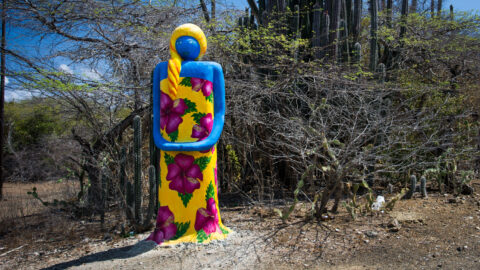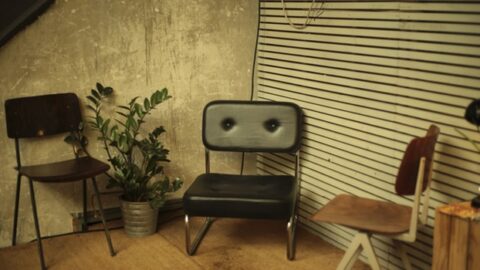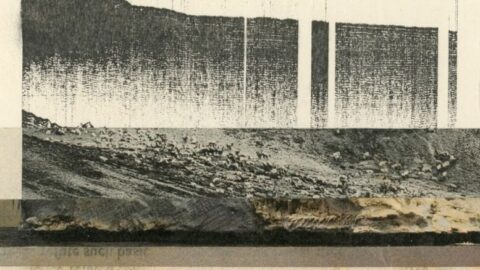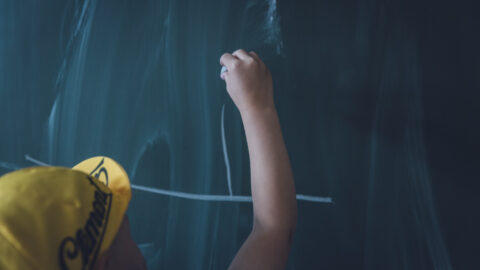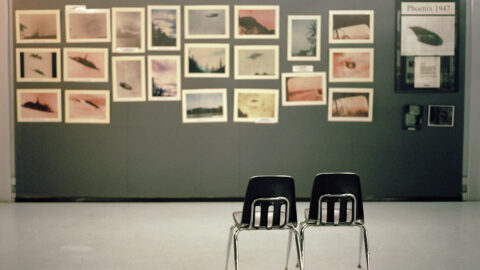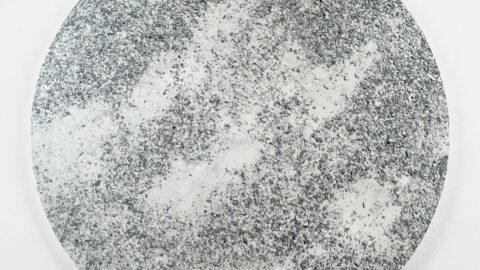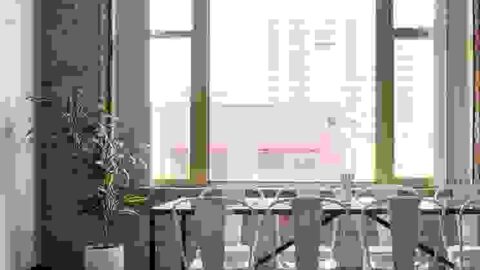The Required Reading Series highlights voices from across the world, showcasing their opinions and sharing their inspirations. The literary scene, that wide and slippery beast, is fueled by the energy and enthusiasm of its individual parts, as well as a desire to share knowledge and ideas. Here we’ll explore the world’s front line of emerging, beginning, ambitious, desperate and passionate writers, ask them how they came to be writers, what they are reading and why you should be reading those things too.
Daryl Yam is a Singaporean writer of prose and poetry, a co-editor of the SingPoWriMo anthology series by Math Paper Press and an arts organizer at the literary non-profit Sing Lit Station. His first novel, “Kappa Quartet” (Epigram Books, 2016), was longlisted for the 2015 Epigram Books Fiction Prize, and has been released in both Singapore and in the UK.
Writing mostly about topics that inform his identity and personhood, Yam is drawn to stories of freedom and those that explore friendship, sexual and gender identity, the necessity of self-care, and the consumption of art, media, and culture. He takes particular delight in stories that are situated around the world, which feeds his grander impulse to write stories that are trans-nationally, globally situated. Yam is also employed at Sing Lit Station, a non-profit which promotes the reading and writing of Singapore literature.
Joshua King: Did you grow up surrounded by literature, or a creative atmosphere? Or was it something that you discovered by yourself?
Daryl Yam: Home, I would say, wasn’t a particularly “creative atmosphere.” My parents were never the sort, nor were they active consumers of the arts. As the first child however my mother made sure I read plenty of Enid Blyton and the Key Words Reading Scheme when I was little. It seeded within me an essential love for reading that clearly never went away. Eventually my parents would divert their attention to raising my two younger brothers, and so the process of discovering the world of literature lay very much in my own hands. Whenever the family went grocery shopping at Thomson Plaza, for instance, I’d excuse myself and go browsing for books at Popular instead. Once I spent so much time in there I didn’t even realize my parents had gone back home and left me behind.

